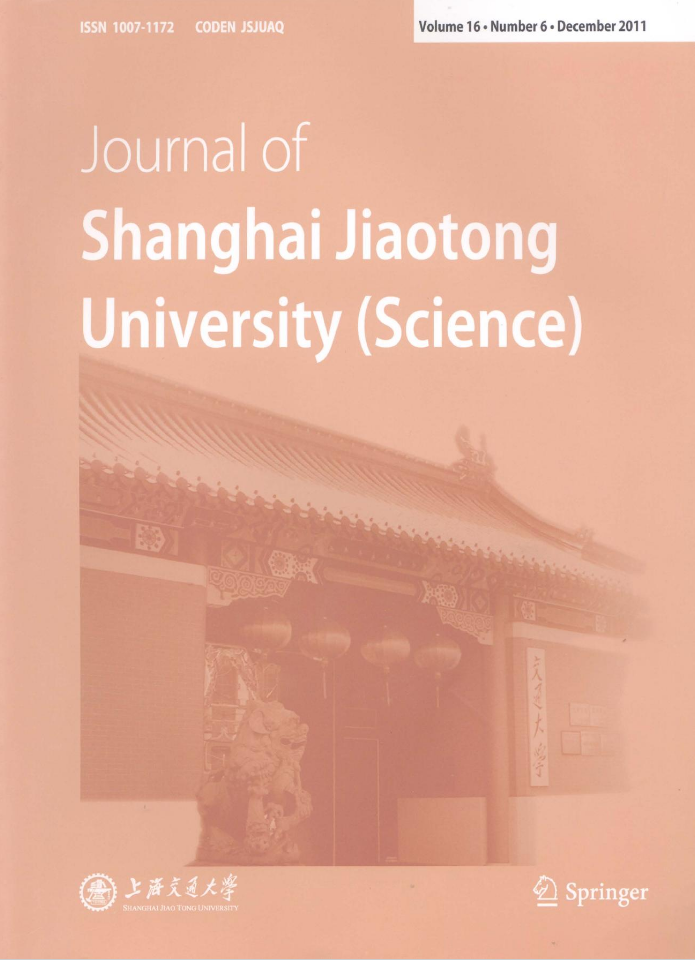|
|
Pre-emptive Channel Borrowing and Traffic Overflowing Channel
Allocation Scheme for Multimedia Overlay Networks
ZHAO Fang-ming (赵方明), HANG Juan (杭 娟), HE Di (何 迪)
2011, 16 (6):
677-686.
doi: 10.1007/s12204-011-1210-8
This paper proposes a channel allocation
scheme for multimedia wireless networks, in which a two-layer
macro-cell or micro-cell architecture is considered. Macro-cells are
used to access high-mobility services; while micro-cells, which are
overlaid by the macro-cells, are used to cater low-mobility
services. To analyze the scheme, a multidimensional Markov traffic
model is firstly developed, in which traffic characteristic of two
special periods of time is considered. And then, a pre-emptive
channel-borrowing scheme combined with traffic-overflowing strategy
for multimedia (voice, video or data) networks is proposed, in which
handoff requests can not only borrow channels from adjacent
homogenous cells, but also be overflowed to heterogeneous cells.
Priority strategies are also dedicated to high-mobility services for
they can pre-empt channels being used by low-mobility services in
macro-cells. To meet the high quality of service (QoS) requirements
of video services and increase the channel utilization ratio, video
services can be transformed between real-time services and
non-real-time services as necessary. Simulation results show that
our schemes can decrease the blocking probabilities and improve the
channel utilization.
References |
Related Articles |
Metrics
|

